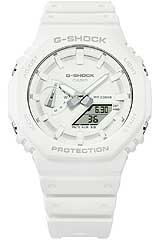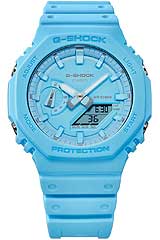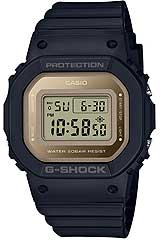Digital Watches
Digital Watches Selection
With the development of LCDs and quartz movements, digital watches managed to achieve widespread acceptance in the 1980s. Today, a comparable number of analogue and digital wristwatches are sold. The advantage of digital clocks lies in the good readability of the exact time. Digital clocks can also display a larger number of functions. The fact that digital wristwatches also have an extremely elegant design is proven by our models in the digital watches category. At Uhren4you you will definitely find your new wristwatch.Digital Watches - Guide Digital
watches: a miracle of technology
Digital clocks are now an essential part of daily life. From cell phones and computers to electronic devices and even cars, we can find digital watches almost everywhere. Here are a few tips that can help you when using digital watches
Table of contents
- What is a digital clock
- How does a digital clock work?
- How do I operate a digital clock?
- What are the functions of digital clocks?
- What watch brands make digital watches?
- Conclusion
What is a digital watch?
A digital clock is an electronic device that displays the current time in digital form. It usually consists of a display that shows the time as numbers and electronics that measure the time and show it on the display. The time can be displayed on a digital clock in various formats, such as hours, minutes and seconds, or even in date and weekday format. Digital clocks are widely used in electronic devices such as alarm clocks, mobile phones, and computers, and are a practical and reliable means of measuring time.
How does a digital clock work?
A digital clock works technically through the use of an electronic circuit that is able to measure and display time. Here is a brief description of the process: A digital watch uses an electronic timer, usually a quartz crystal, to measure time. The quartz crystal oscillates at a very constant and precise frequency, which serves as a time base. A circuit uses the oscillations of the quartz crystal to generate a signal that emits a pulse at regular intervals. These pulses are counted to calculate the time. The calculated time is then passed to a display, which usually consists of a series of LED or LCD segments. These segments can be individually controlled to display numbers and other characters that represent the time. Some digital clocks can also be controlled by a button or other type of input mechanism to set alarms, start or stop the stopwatch function, or perform other functions. Overall, the technology behind a digital watch is relatively simple, but effective and reliable, making it a widely used choice for timekeeping and alarm functions.
How do I operate a digital watch?
The operation of a digital watch may differ depending on the model and features, but here are a few general tips:
- Setting the time: To set the time on a digital watch, there is usually an adjustment button or knob. Press the button to enter the setting mode, then use more buttons to set the hours, minutes, and seconds if necessary.
- Set alarm: Many digital clocks have an alarm function that you can set by selecting a specific time. To do this, use the setting button and the other buttons on the watch. Start and stop stopwatch
- : If your digital watch has a stopwatch function, you can start and stop it by pressing a corresponding button.
- Adjust brightness: Some digital clocks have a backlight that you can adjust to make it easier to read the time in low light conditions. To do this, use a button or knob.
- Date display: If your digital watch has a date display, you can set the date by using the setting button.
Note: It is important to read the instruction manual of your digital watch carefully to ensure that you are using all functions correctly. Each model may have different buttons and functions, and it is important to use the guide to ensure that you operate the watch correctly.
What are the functions of digital clocks?
Digital watches offer a variety of features that may differ depending on the model.
- Time display: The most important function of a digital clock is to display the time. Many digital clocks also offer the option of displaying the time in different time zones or as world time.
- Alarm function: An alarm can be set on a digital clock to mark a specific time, e.g. to wake up or keep an appointment.
- Stopwatch function: A stopwatch function makes it possible to start and stop a timekeeping, which can be helpful during sports activities or other time measurements.
- Date display: Some digital clocks also offer a date display to show the current date and day of the week.
- Backlight: Many digital clocks have a backlight, which can be helpful in low-light conditions to be able to read the time.
- Water resistance: Some digital watches are waterproof, which can be especially beneficial for sports activities or for use in humid environments.
- Convenient: Digital watches are small, lightweight, and easy to carry, making them a practical choice for everyday wear.
Digital clocks offer practical ways to measure time and mark important points in time. With a variety of features and the ability to wear them easily, digital watches are a great choice for many people.
Which watch brands make digital watches?
There are many watch brands that produce digital watches, including some very well-known brands as well as some digital watch specialists. Here are some examples of brands that make digital watches:
- Casio
- Seiko
- Citizen
- G-Shock (by Casio)
- Festina
- Sinar
- Eco Tech Time
This is not an exhaustive list, but it should give a good overview of some of the brands we have in our range. It is important to note that many of these brands also produce analog watches and other types of timepieces, and that they do not specialize exclusively in digital watches.
Conclusion
Digital clocks are an important part of our daily lives, providing an easy, convenient, and reliable way to monitor the time. Technically, digital clocks consist of an electronic circuit that measures time using a quartz crystal and transmits that time to an LED or LCD display. Digital clocks have a variety of functions, including alarms, stopwatch functions, date displays, and others that increase their usability and practice. Overall, digital clocks are a convenient and reliable choice for anyone who needs an easy way to monitor and manage the time.
Choose your preferred payment
You can choose the following payments from our shop: PayPal, credit card and prepayment. For more information visit payment methods & FAQ More payments: prepayment with 3% off for wristwatches
INFORMATION
Last update 2024-12-28 22:15:16


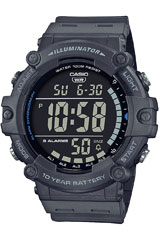

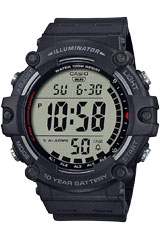
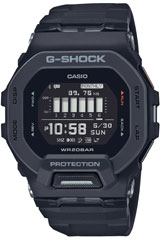
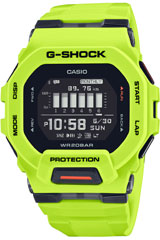
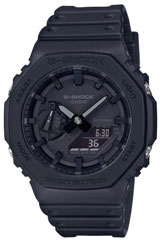
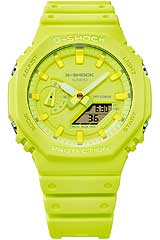
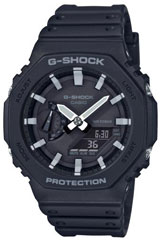
.jpg)
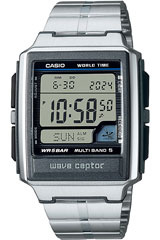
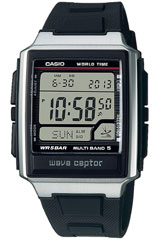
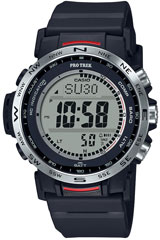
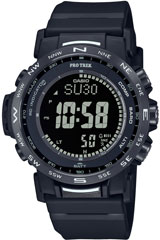
.jpg)
.jpg)
.jpg)
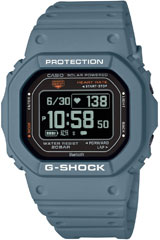
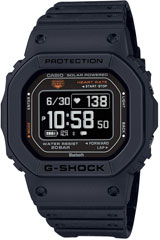
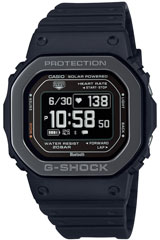
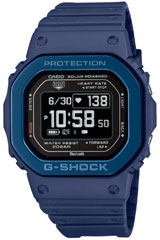
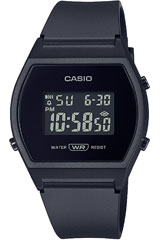
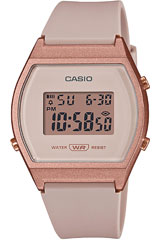
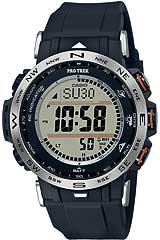
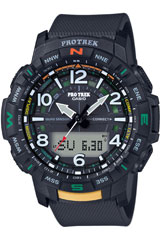
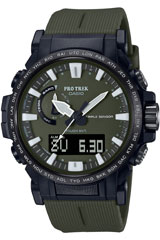
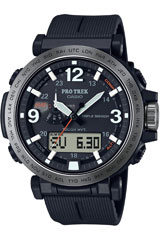
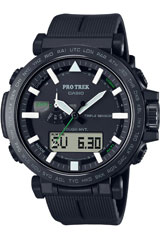
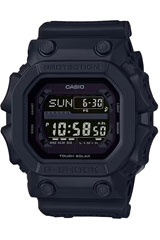
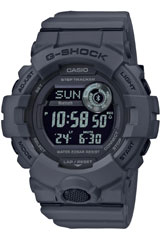
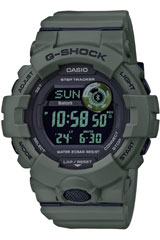
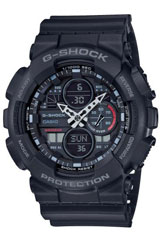
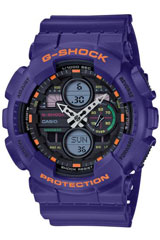
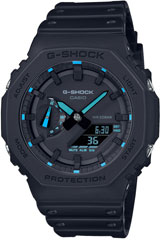
.jpg)
.jpg)
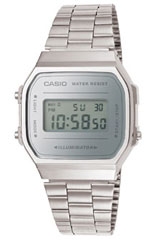
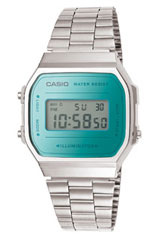
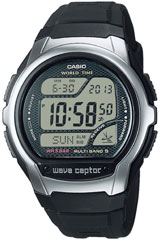
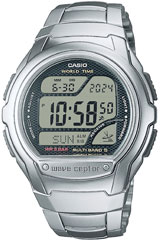
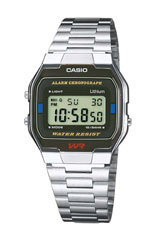
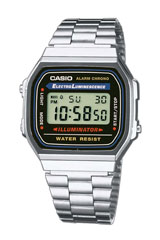
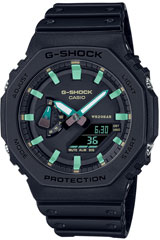
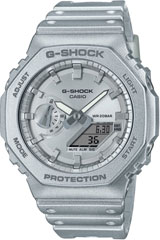
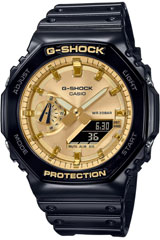
.jpg)
.jpg)
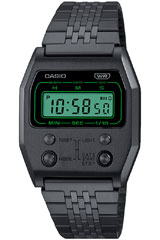
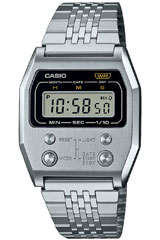
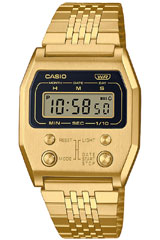
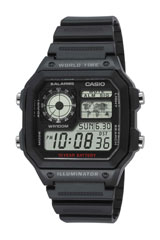
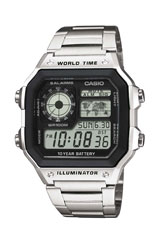


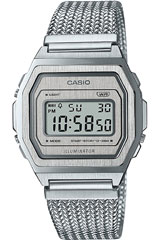
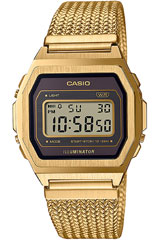
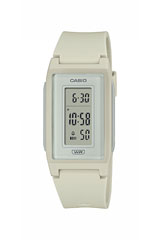
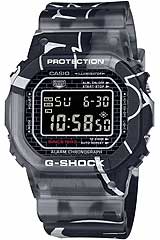
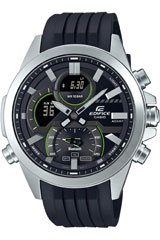
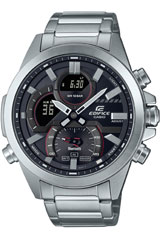
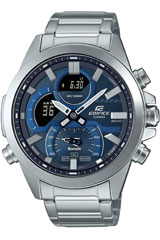
.jpg)
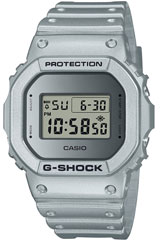
.jpg)
.jpg)
.jpg)
.jpg)
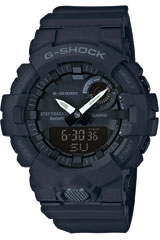
.jpg)
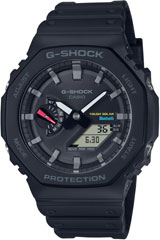
.jpg)
